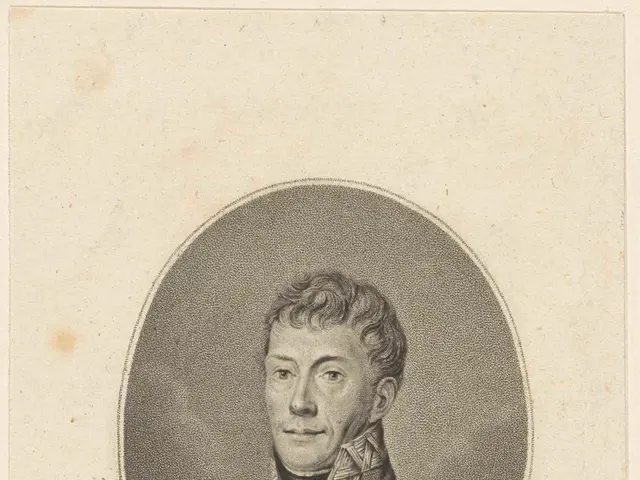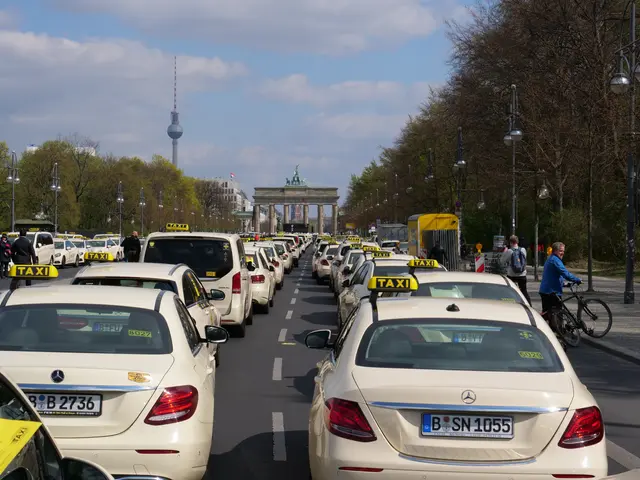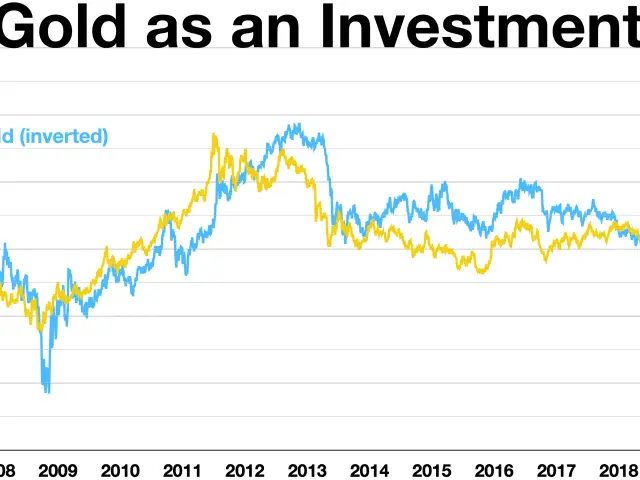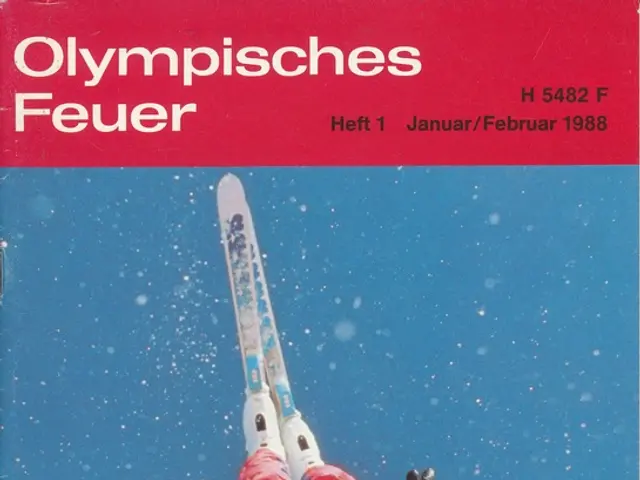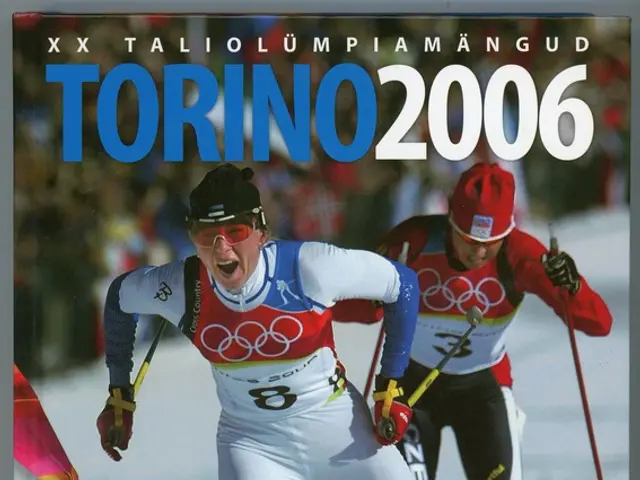A Bumpy Start for the New Federal Government: Uncertainty and Controversies Loom
System still experiencing issues at present.
The newly formed federal government is grappling with unexpected challenges, with opposition support being crucial for the election of the Chancellor. As Federal Interior Minister Alexander Dobrindt attempts to spread optimism, question marks hang over the long-term cooperation between the coalition partners.
The federal government officially took office on Tuesday but got off to a rockier start than anticipated. The need for a second round of voting to elect the Chancellor is a historical first for the Federal Republic. How strong is Federal Chancellor Friedrich Merz after this challenging beginning? Maybrit Illner addresses this topic with her guests on Thursday night.
Dobrindt seems relieved. He claims that despite the unprecedented situation, they have demonstrated a capacity to collaborate constructively and trusting to solve issues with the participation of the Greens and the Left. This cooperation wasn't easy for Dobrindt, but it's a promising sign of resilience that challenges can be overcome, he suggests/ He likes to think that future challenges can be addressed in the same constructive manner rather than enjoying a honeymoon period only to face conflicts later.
Political AnalysisGreen parliamentary group leader Katharina Dröge insists that the rocky start of the chancellor election reflects a lack of trust in Friedrich Merz as well as within the coalition. Negotiations among the CDU, CSU, and SPD group leaders were necessary to avoid a similar predicament in the future. "This start is under a bad omen, and this coalition stands on shaky ground," warns Dröge. "They need to work on that. Support from the opposition isn't guaranteed."
Political scientist Julia Reuschenberg acknowledges that the coalition has suffered some serious setbacks but assures that the democratic process was followed throughout the chancellor election.
Dueling Ideologies: The Union Reconsiders Its Stance on The Left
New Chancellery Chief Thorsten Frei has suggested that the Union reconsider its compatibility decision regarding The Left in light of the current political situation. However, Dobrindt is unconvinced. Although the government doesn't possess a two-thirds majority in the Bundestag and needs the Greens and The Left for certain projects, Dobrindt rule outs any joint legislative initiatives with the AfD. He stresses the importance of discussing "procedural decisions" with the Left, but insists that the compatibility decision remains unchanged. Essentially, the decision stands, but only when it's not required. This potential rift within the coalition raises concerns, as spokesperson Melanie Amann from Spiegel observes. She criticizes the Union for conflating The Left with the right-wing extremist AfD, as the compatibility decision applies equally to both parties.
Political InsightDroge demands that the Union clarify its approach to the AfD. She divides the Union into two factions, with Jens Spahn being one of the Afd-leaning sections. Dobrindt dismisses the allegations against Spahn. As for the evaluation of the AfD by the Federal Constitutional Protection Agency, Dobrindt is yet to decide on the next steps. He is committed to studying the report thoroughly before making a decision on its publication, he states.
Migration Policy: Tougher Border Controls and Controversies
Dobrindt has already made significant decisions on migration policy. He aims to strengthen border controls, resulting in additional overtime for federal police officers, with some officers working up to 20 more hours per week in the next three weeks. However, critics suggest that this intensification may lead to less police presence at train stations. Another debatable move made clear by Dobrindt is that asylum seekers can be rejected by the police at the border from now on. While this rejection is optional, pregnant women, children, and "vulnerable groups" are excluded. Dobrindt denies declaring a state of emergency, as negotiations with representatives of neighboring countries are underway.
Critical PerspectiveKatharina Droge argues that Olaf Scholz has done poorly in European policy and Merz could do better, but he is currently creating turmoil in Europe. Melanie Amann from Spiegel calls the recent events “chaotic” due to inconsistencies between statements by Chancellor Merz abroad and Dobrindt at home. Even the government spokesperson has seemed to cause confusion, prompting concerns about order and control.
Droge goes a step further, accusing Dobrindt of breaking European law by rejecting asylum seekers at the border. "It's relatively clear what we're doing," counters Dobrindt. "We aim to reject asylum seekers who claim asylum because they are entering Germany from a safe third country. They have already traversed at least one country too many. They are not being persecuted in neighboring countries, and so we need to conclude that we need to make the European situation functional again—in our common interest."
Source: ntv.de
- Alexander Dobrindt
- The Greens
- The Left
- CSU
- CDU
- Migration
- In the European Union, Alexander Dobrindt, a member of the CDU, is advocating for the European Parliament, the Council, and the Commission to reconsider the incompatibility decision regarding The Left, a political party in EC countries, in light of the current political situation.
- Despite the need for cooperation with The Greens and The Left, Dobrindt, the Federal Interior Minister, has ruled out any joint legislative initiatives with the AfD, another political party in Germany, citing the importance of maintaining an unchanged compatibility decision.
- Katharina Dröge, the Green parliamentary group leader, has expressed concerns about a potential rift within the coalition, as she accuses the Union of conflating The Left with the right-wing extremist AfD in their stance, and demands clarity on their approach to the AfD.
- The migration policy decisions made by Dobrindt, such as intensifying border controls, have been met with noticeable criticism from the political sphere, with Katharina Droge accusing him of breaking European law by rejecting asylum seekers at the border.

